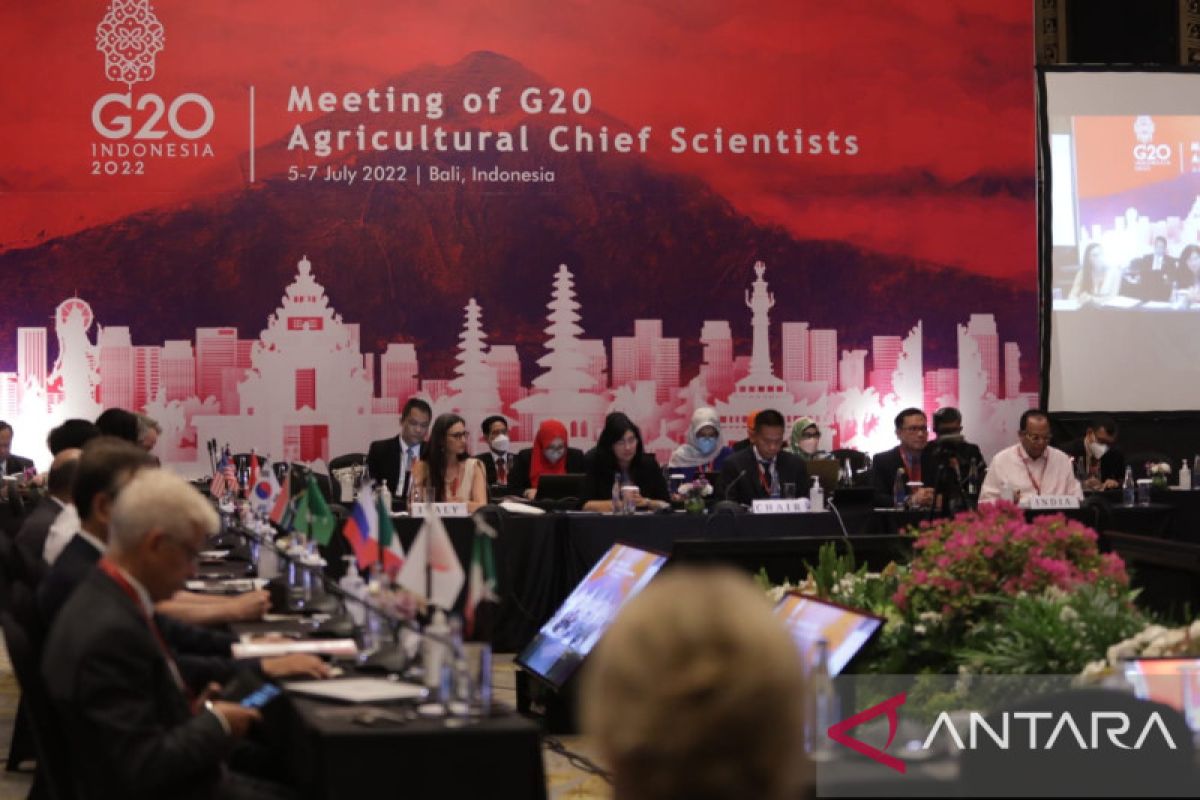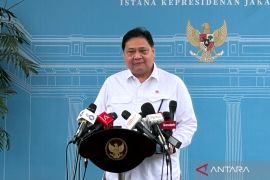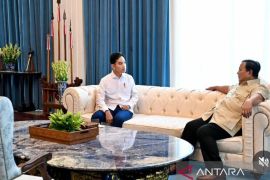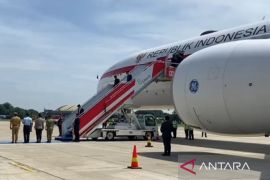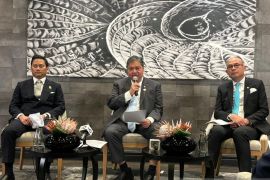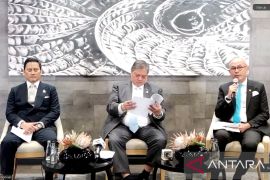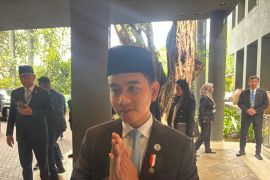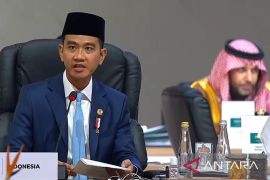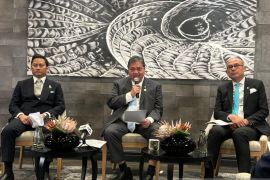The meeting is a part of the Agriculture Working Group (AWG), whose members comprise experts from G20 members.
"The MACS activity carries the theme of ‘Sustainable Intensification to Meet Food Security and Environmental Objectives.’ It is the first G20 AWG activity to be held offline," head of the Agricultural Research and Development Agency and chair of G20 MACS, Fadjry Djufry, said on Wednesday.
AWG is one of the working groups of the G20 that focuses on agricultural development.
During the meeting, experts from G20 member countries, guest countries, and several international institutions discussed four priority global agricultural issues proposed by Indonesia, Djufry informed.
The issues were food security policies after the COVID-19 pandemic, climate-resilient agriculture, food loss and waste (FLW), and agriculture and digital traceability.
"The agricultural sector has been able to respond to the crisis that occurred due to the COVID-19 pandemic, but we still need to discuss and design optimal supply chains, both on a local and global scale," Djufry said.
The G20 MACS annual meeting is part of an initiative by the agriculture ministers of G20 countries to address specific issues and priority questions regarding agriculture and nutrition, which are considered too big to be resolved by one country.
In addition, the meeting is expected to coordinate agricultural research systems in G20 countries and implement joint solution strategies.
G20 members realize that agricultural research, technology, and innovation play an important role in supporting food productivity, nutrition, and the environment, Djufry said.
“So, every success in the agricultural approach and implementation of each country needs to be shared among G20 members as a common solution," he added.
The adoption of digital agriculture is also needed to improve the framework of the food system. Digital agriculture has the potential to increase agricultural productivity, cost efficiency, market expansion, and provide environmental benefits through the optimized use of resources.
Meanwhile, digital traceability can play an important role in a risk-based food safety approach, especially in providing information to consumers and building a safer and more sustainable food system.
"We encourage capacity building through training and research collaborations to increase the use and application of agricultural technology and digital traceability," Djufry said.
On the third day of the meeting, the delegates plan to make a field visit to Subak Jatiluwih.
Subak, which is promoting the local wisdom practiced by the farming community in Bali, is an organization that specifically regulates the irrigation system for rice fields.
During this year’s meeting, the G20 MACS delegates shared experiences and best practices from their countries. They also sought to strengthen international research cooperation on the four priority issues. The meeting closed with remarks from India, which will hold the G20 Presidency in 2023.
Related news: Preserve Tirta Empul Temple as cultural heritage: President
Related news: Indonesian Embassy highlights Subak as Indonesia's tourist attraction
Translator: Naufal Fikri Y, Resinta S
Editor: Rahmad Nasution
Copyright © ANTARA 2022
